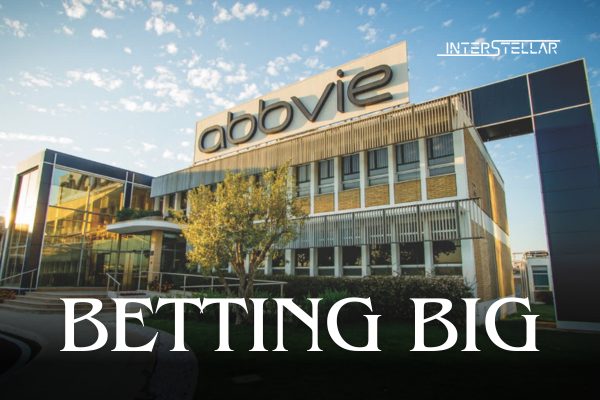AbbVie Acquires Aliada Therapeutics for $1.4 Billion, Betting on Alzheimer’s Therapy
U.S. pharmaceutical giant AbbVie announced its acquisition of Aliada Therapeutics for $1.4 billion in cash. The deal gives AbbVie ownership of Aliada’s experimental Alzheimer’s treatment, ALIA-1758, which is currently in early-stage development. The acquisition underscores AbbVie’s commitment to expanding its neuroscience portfolio as it diversifies beyond its blockbuster arthritis drug, Humira.
Fierce Competition and High Interest in Alzheimer’s Treatments
AbbVie faced tough competition from at least three other pharmaceutical companies, which drove up the price of privately held Aliada Therapeutics. According to an insider familiar with the sale, this strong interest indicates a growing willingness to invest in Alzheimer’s treatments early, despite the risks tied to regulatory approval. After decades of limited success in treating Alzheimer’s, recent U.S. approvals of two similar therapies that target amyloid plaques—sticky proteins in the brain linked to Alzheimer’s—have renewed optimism in this field.
AbbVie Expands Neuroscience Portfolio Amid Humira Revenue Decline
The acquisition aligns with AbbVie’s strategy to bolster its neuroscience pipeline. This year, the company also acquired Cerevel Therapeutics and ImmunoGen, further reinforcing its focus on neuroscience and cancer treatments. AbbVie has seen a significant drop in revenue from Humira, once the world’s top-selling arthritis drug, as less expensive biosimilar competitors enter the market.
In the first half of 2024, AbbVie’s neuroscience segment, which includes products like Botox and Vraylar for bipolar disorder, generated $4.13 billion—a 15.3% increase from the previous year. By expanding into Alzheimer’s treatment, AbbVie aims to offset declining Humira sales and secure a foothold in the rapidly growing Alzheimer’s market.
A New Approach to Alzheimer’s Treatment: ALIA-1758
AbbVie is optimistic that ALIA-1758, an antibody treatment, has the potential to become a best-in-class Alzheimer’s therapy. The drug works by utilising transferrin, a blood protein that transports iron, to deliver antibodies across the blood-brain barrier and target amyloid plaques. Aliada’s chief medical officer, Michael Ryan, highlighted that this delivery method addresses a key challenge in central nervous system (CNS) therapies, which often struggle to cross the blood-brain barrier.
The validation of amyloid plaques as a therapeutic target, supported by the approval of treatments like Biogen’s Leqembi and Eli Lilly’s Kisunla, boosts confidence in ALIA-1758’s approach. However, the Alzheimer’s market remains high-risk, as many CNS-targeted drugs have historically failed to reach late-stage trials.
Growing Demand for Alzheimer’s Treatments
Alzheimer’s continues to be a major health concern, with the number of cases projected to double in the coming decades. The U.S. Centers for Disease Control and Prevention (CDC) estimates that by 2060, nearly 14 million Americans will be living with Alzheimer’s, compared to 6.9 million in 2020.
AbbVie’s acquisition of Aliada Therapeutics is expected to close by the end of the year. As the company integrates this promising Alzheimer’s therapy into its product pipeline, it positions itself as a significant player in the fight against neurodegenerative diseases.





